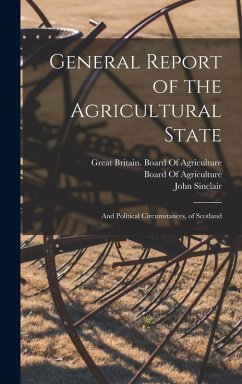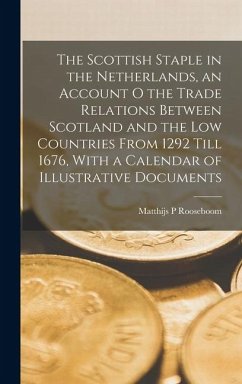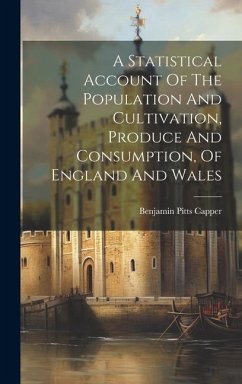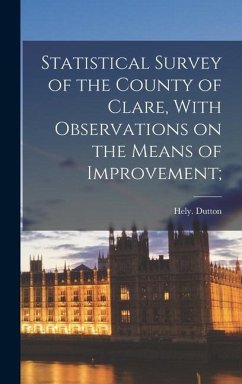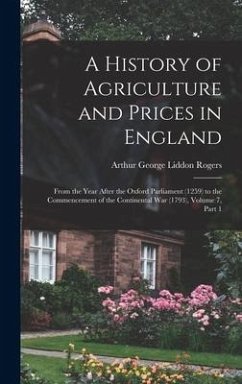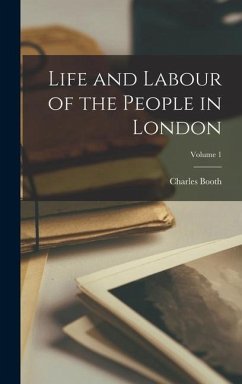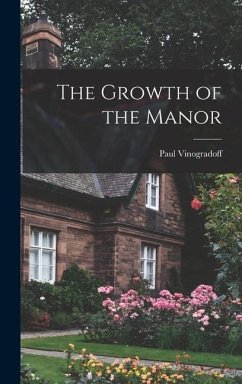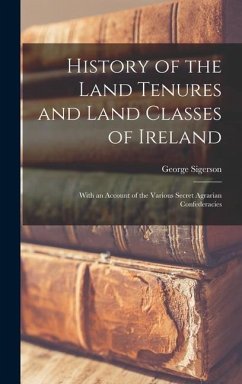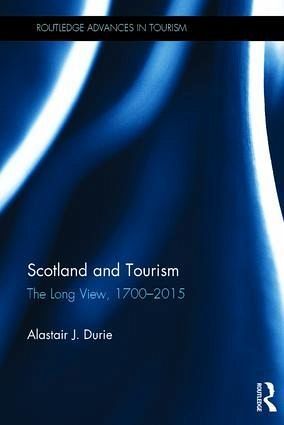
Scotland and Tourism
The Long View, 1700-2015
Versandkostenfrei!
Versandfertig in über 4 Wochen
196,99 €
inkl. MwSt.
Weitere Ausgaben:

PAYBACK Punkte
98 °P sammeln!
This book brings together work from many periods and perspectives. It draws on a wide range of source material, academic and non-academic, from local studies and general analyses, visitors' accounts, hotel records, newspaper and journal commentaries, photographs and even cartoons. It reviews arguments over the cultural and economic impact of tourism, and retrieves the experience of the visited, of the host communities as well as the visitors. It questions some of the orthodoxies, that Scott made Scott-land, or that it was charter air flights that pulled the rug from under the mass market and s...
This book brings together work from many periods and perspectives. It draws on a wide range of source material, academic and non-academic, from local studies and general analyses, visitors' accounts, hotel records, newspaper and journal commentaries, photographs and even cartoons. It reviews arguments over the cultural and economic impact of tourism, and retrieves the experience of the visited, of the host communities as well as the visitors. It questions some of the orthodoxies, that Scott made Scott-land, or that it was charter air flights that pulled the rug from under the mass market and sheds light on what in the Scottish package appealed, and what did not; and to whom: how provision changed, or failed to change; and what marketing strategies may have achieved. It charts changes in accommodation, from inn to hotel, holiday camp, caravanning and time share. The role of transport is a central feature; that of the steamship and the railway in opening up Scotland, and later of motor transport in reshaping patterns of holidaymaking. Throughout there is an emphasis on the comparative; asking what was distinctive about the forms and nature of tourism in Scotland as against competing destinations elsewhere in the UK and Europe. It concludes by reflecting whether Scotland's past can inform the making and shaping of tourism policy and what cautions history might offer for the future. This prolific long term analysis of tourism in Scotland is a must read for all those interested in tourism history.




